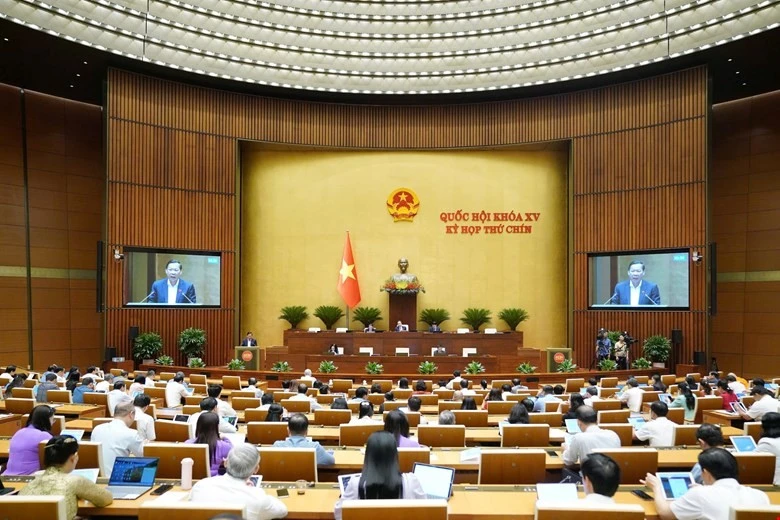HCMC — The National Assembly Standing Committee has approved a Government proposal to gradually raise the excise tax on alcohol, beer, and tobacco starting in 2027 under a revised draft of the Law on Special Consumption Tax.
The revised draft law features a slower tax hike compared to earlier versions. It will see alcohol with an alcohol content above 20% and beer taxed at 70% in 2027, with the rate increasing by five percentage points each year to reach 90% by 2031.
Lawmakers also agreed to introduce the excise tax on sugary drinks, starting at 8% in 2027 and rising to 10% in 2028.
Finance Minister Nguyen Van Thang said the move aligns with efforts to reduce sugar consumption and improve public health. According to the minister, 107 countries have adopted a similar tax, including some ASEAN members. The World Health Organization recommends a minimum rate of 20%.
The draft limits the scope of air conditioners subject to the excise tax to units with a capacity between 18,000 and 90,000 BTU. This change came after concerns that taxing all air conditioners would affect low-income households.
For pick-up trucks, the tax will rise gradually by three percentage points per year starting in 2027, replacing an earlier plan for a one-time increase.
The law also includes provisions to avoid double taxation. Exported goods returned to Vietnam will be exempt from the tax. Goods entering bonded warehouses for re-export will also not be taxed.
The Government will retain the authority to propose adjustments to taxable and non-taxable items, subject to approval by the NA Standing Committee and reporting to the National Assembly.
Minister Thang defended the proposed excise tax on gasoline, saying it supports Vietnam’s commitment to net-zero emissions by 2050 under the COP26 agreement. He said the tax would help shift consumption toward electric vehicles and public transportation.
Regarding plastic bags and other polluting products, the Ministry of Finance is studying the use of the excise tax to limit environmental damage. Timing of implementation will be considered to avoid economic disruption.









